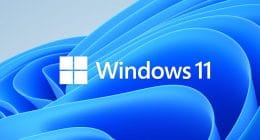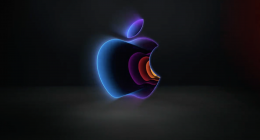Google has rolled out a fresh update for Chrome, the Chrome 45. And has been Google’s focus with many of those recent Chrome builds, this latest update too continues to focus on improving the overall browsing speed and power to load scripts faster.
If you’re a Chrome user, and your Chrome crashes or shuts down a lot, you are obviously pretty well-versed with the option to “continue where you left off” by restoring tabs when you relaunch Chrome.
That particular Chrome capability is now getting smarter.
Google says, that now Chrome is “smarter about restoring your tabs more efficiently”. Tabs are restored from most to least recently viewed, so you get to see the most important tabs faster. And Chrome will now detect if your computer is running low on resources and stop restoring the rest of your tabs to save you precious memory. You can always click to restore them if you’d like to access them later.
To help fasten up things even more, Chrome can now detect when a webpage isn’t busy with some other task, and use the free time to aggressively clean up old, unused memory. This latest feature is powered by the V8 Project’s latest Javascript Engine, which increases the responsiveness of web applications by hiding expensive memory management operations inside of small, otherwise unused chunks of idle time.
Google’s test results say that this reduced website memory usage by 10% on average, but the effect is even more dramatic on complex web apps. With Gmail, for example, you can now free up nearly a quarter of the memory used by the tab. Trust me, thats a LOT OF FREE MEMORY when it comes to the web.
The new update also incorporates Google’s latest ‘Go Kill Flash’ agenda in it. A new setting introduced in June will auto-pause Flash content that’s not central to a website. Again, Google’s own testing has shown that turning on this setting makes your battery last up to 15% longer depending on your operating system.
Google’s renewed focus on improving speed and performance for world’s most widely used web browser could be stemming up from Microsoft’s reinvigorated attempt at web browsing, named Edge. Edge has proven to be speedier, less of a memory guzzler and power efficient on benchmark tests, thus perhaps featuring in as a factor for Google to speed up its own offering.
Edge however is not even the closest of close to Chrome, when it comes to overall market share.





